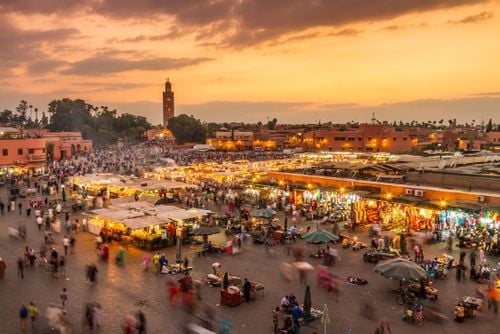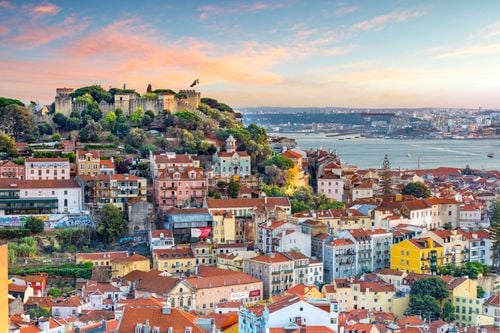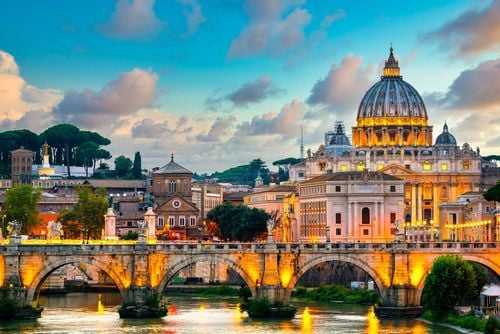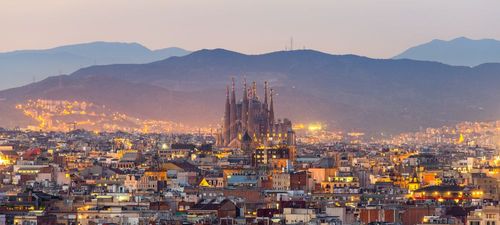The pearl of the Emerald Coast
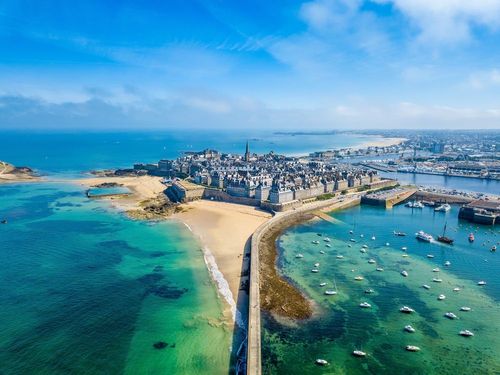
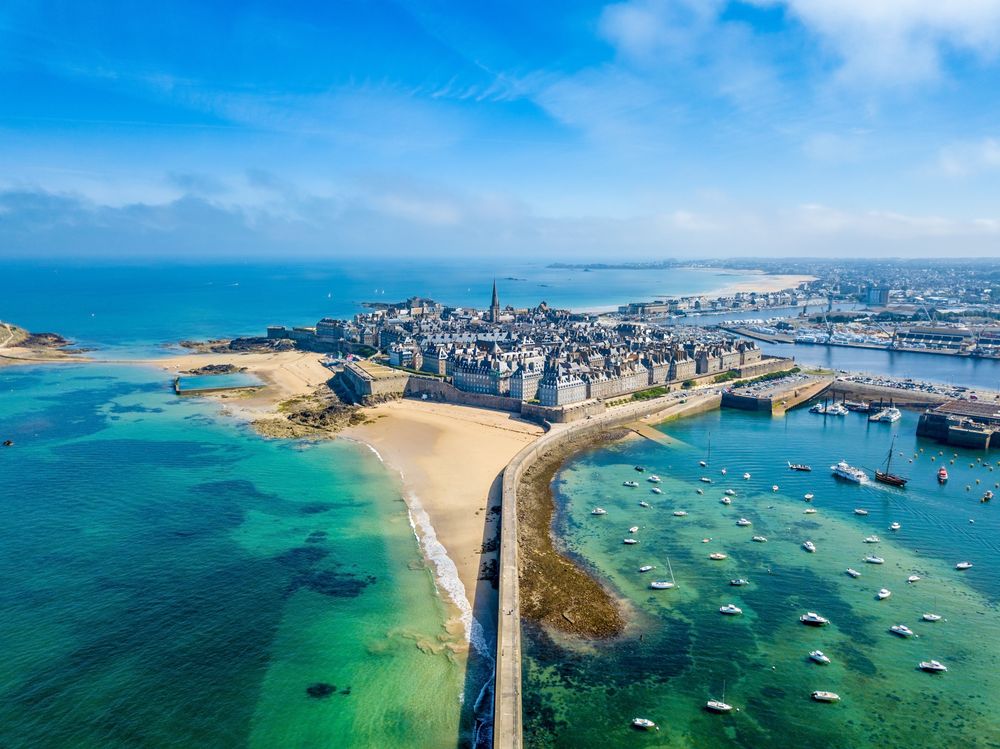
The pearl of the Emerald Coast
Saint-Malo remains one of the most visited towns in Brittany. It attracts almost 200,000 tourists every summer and is France's favourite destination for Europeans. Thanks to its rich maritime history, the jewel of the Emerald Coast remains an important port and has used this to build its economy on port trade.
Saint-Malo is an active commercial port, and Brittany's second-largest. Every year, more than a million passengers travel between the port of Saint-Malo and the ports of Great Britain, Ireland, Jersey and Guernsey. The port of Saint-Malo handles a large volume of both passenger and freight traffic, despite the difficulty of accessing the port due to extremely high tides. The run-off from the town's bay is among the highest in Europe. So be careful on the seafront, and ask at the tourist office about the tide times before venturing out onto the rocks at low tide.
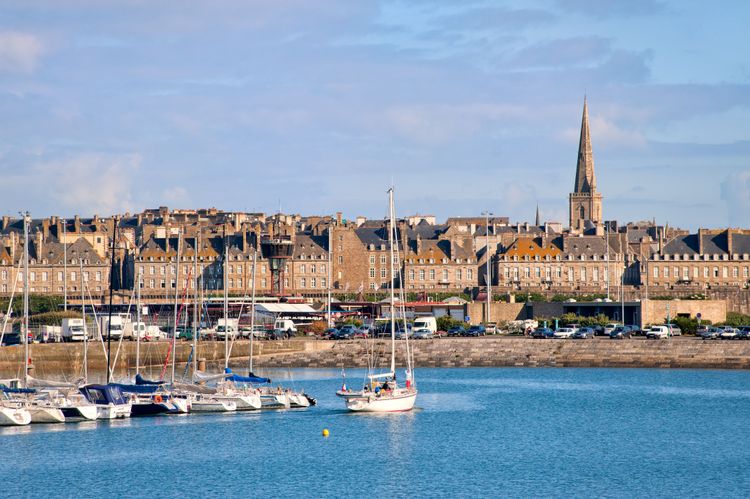
The port of Saint-Malo, France
- © Boris Stroujko / ShutterstockThe first thing that strikes visitors on arriving in Saint-Malo is its magnificent fortified citadel. The ramparts offer breathtaking views of the Atlantic Ocean and neighbouring islands, creating a spectacular landscape. These ramparts, built in the 12th century, are among the best preserved in Europe and are an emblematic symbol of the city.
A stroll through the narrow streets of the old town within the city walls reveals a rich historical heritage. Saint-Malo was once a haven for privateers and pirates, and you can still feel the essence of that era in the architecture and legends that permeate the buildings and streets. Don't miss the Cathedral of Saint-Vincent, a Gothic masterpiece dating back to the 12th century and a testament to the city's former grandeur.
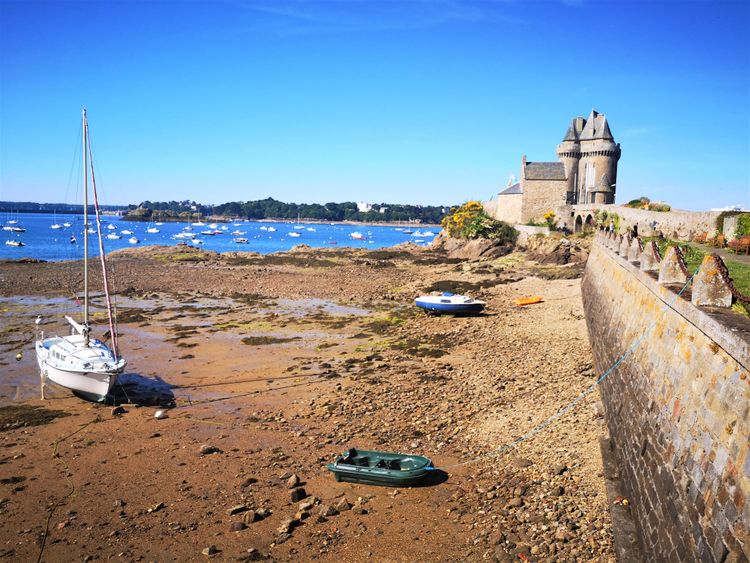
City rampart of Saint-Malo, France
- © Juliana.B / ShutterstockFor lovers of the sea, the town also organises water races, such as the start of the Route du Rhum solo sailing race, the Transat Québec-Saint-Malo crewed race, and occasional events such as the start of the Course des Grands Voiliers or the Raid des Corsaires. As you can see, the Cité Corsaire is first and foremost a place for water sports enthusiasts, waves and long stretches of clear water.
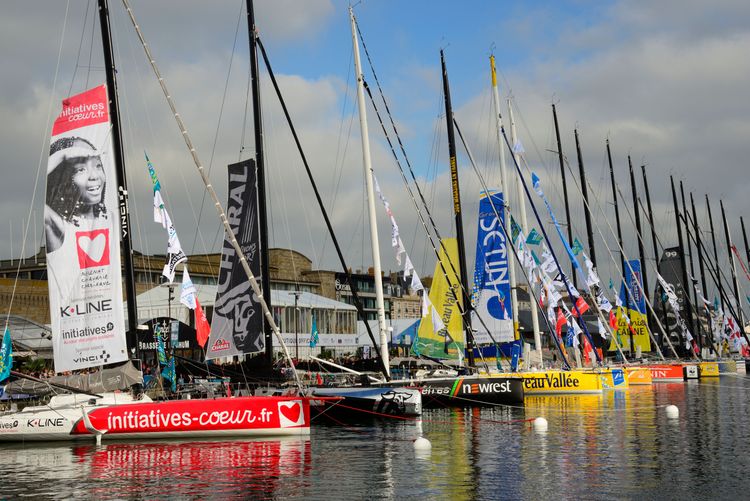
Départ de la Route du Rhum à Saint Malo, France
- © WorldPictures / ShutterstockGastronomy is another of Saint-Malo's strong points. Fresh seafood takes pride of place in local restaurants, where you can sample oysters, mussels and lobster caught on the day. Don't forget to try the local speciality, Breton galettes and crêpes, which will delight your taste buds with their tasty fillings.
Finally, for those who want to spend an unforgettable time on the blue waves and listening to music, Saint-Malo presents the Route du Rock festival twice a year, in summer and winter, in conjunction with the commune of Saint-Père. Saint-Malo is the destination par excellence for an extraordinary weekend!

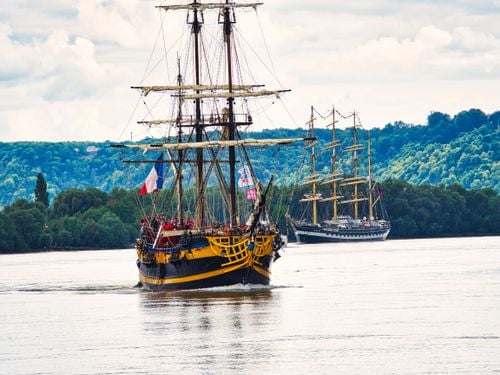
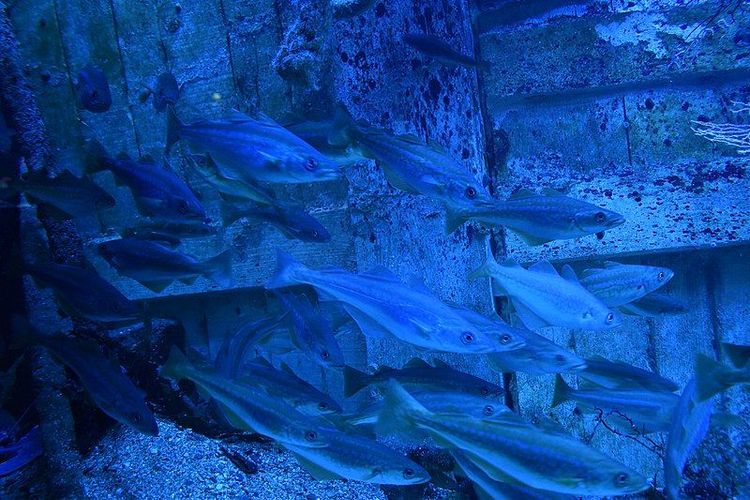 1
1
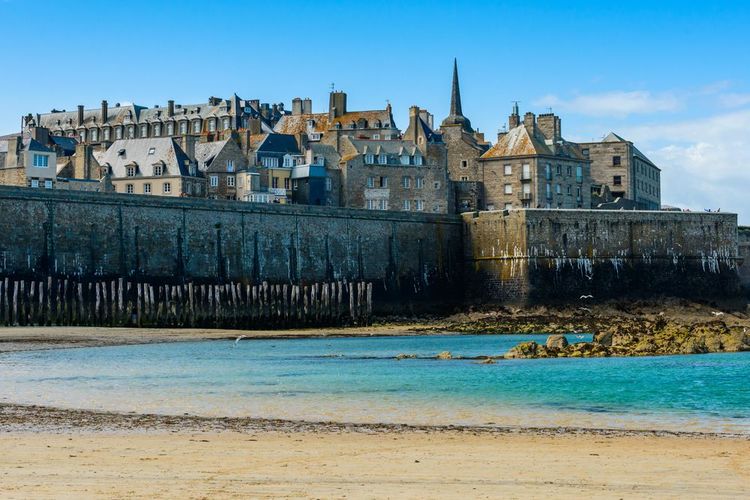 2
2
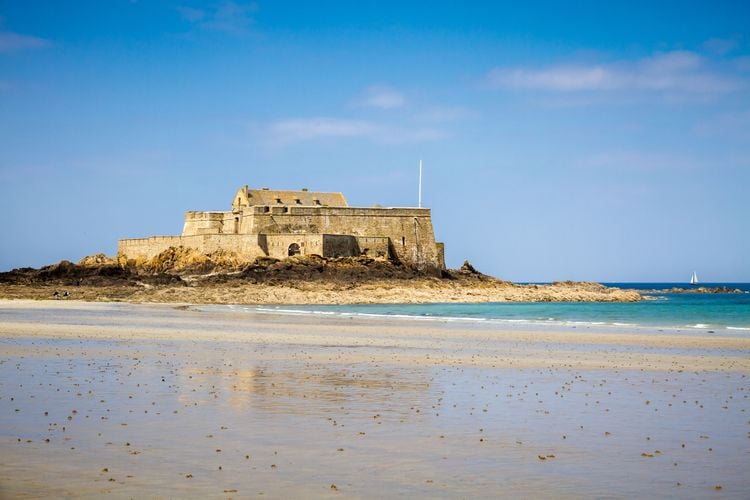 3
3
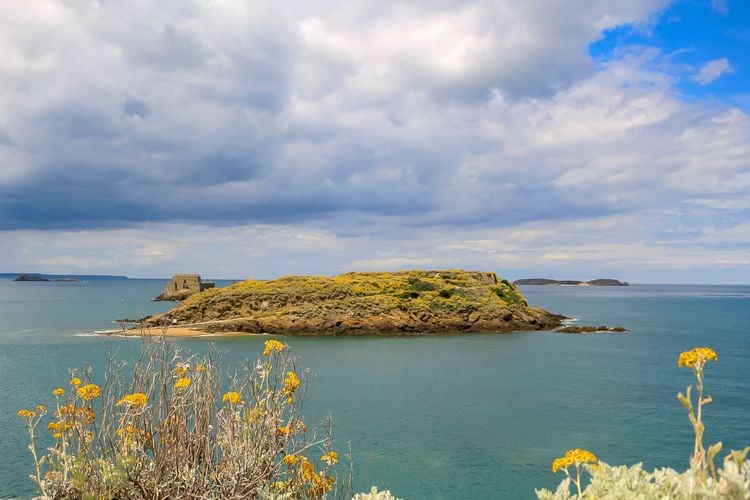 4
4
Just a 4-hour drive from Paris, Saint-Malo is within easy reach by car from the capital. Alternatively, Montparnasse station, accessible from all over France, serves Saint-Malo station with a number of direct trains. The nearest airport is Dinard, a 25-minute drive away.
Saint-Malo is a city with incredible architecture and, what's more, it's on the seafront. These two elements mean that the hotels here are both very aesthetically pleasing and offer a breathtaking view of the water. What's more, staying in Saint-Malo means you're close to many of the surrounding points of interest, such as Mont-Saint-Michel and the Fort de la Conchée.
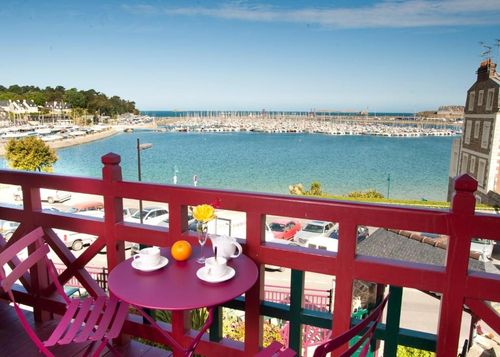
🌊 Tides: We advise against going near the sea without checking the tide times. There is a real risk of being swept away by rising water. You can follow the situation in real time on Twitter with the interactive account @mareinfo52.
👉 What to bring back? Brittany's flagship drink, which goes with every meal, savoury or sweet, is of course cider. This sparkling drink, made from several varieties of apple, has a fairly low alcohol content. Cider comes in several varieties: dry, semi-dry, brut or sweet? Whether you prefer it full-bodied or more sparkling, this drink is sure to delight your guests.
🅿️ Parking: It can be really difficult to park in Saint-Malo, especially in high season. To avoid wasting time driving around, it's best to arrive early in the morning and use the car parks outside the city walls, even if it means walking a little. A good example is the Paul Féval car park, which is served by a shuttle bus from the foot of the ramparts.
🍴 What to eat
The weather is not the city's most attractive feature. Temperatures remain relatively average, so remember to pack some slightly warmer clothes, especially for moonlit walks.
explore Try out our comparators
It is Easy to travel
